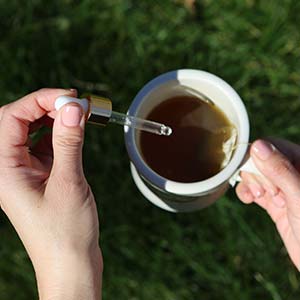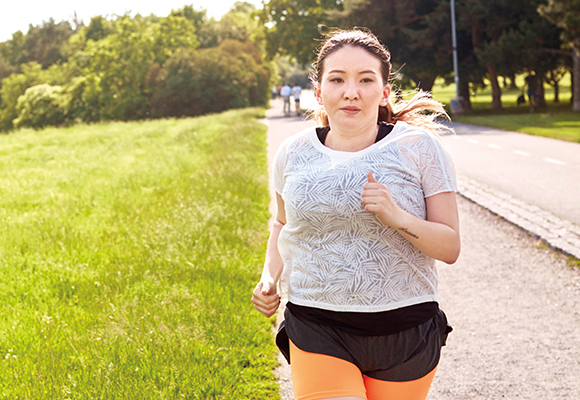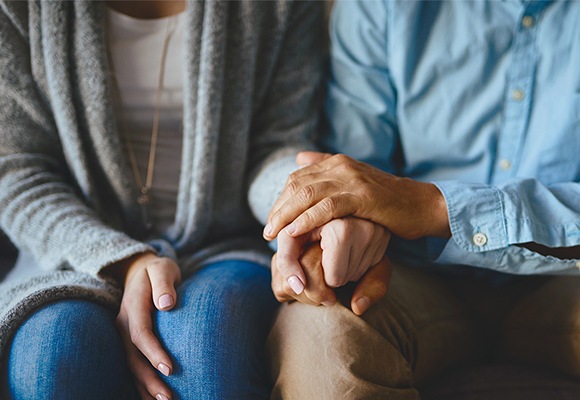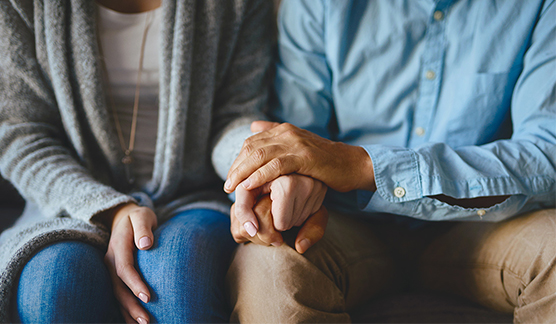What you need to know about CBD
The buzz around CBD is at an all-time high. CBD, or cannabis-based products, are hailed by devotees as natural cure-alls for all sorts of health conditions — everything from chronic pain to anxiety, insomnia, and more. And the number of products you can get your hands on feels like it grows more and more every day. There are CBD beauty products, CBD foods, CBD drinks, CBD pills, and even CBD pet products.
So, should you get that CBD massage? Or eat those CBD chocolates? Here, Ebonie M. Vázquez, MD, a psychiatrist and addiction medicine specialist at Kaiser Permanente in Southern California, breaks down what we do and don’t know about CBD products.
What is CBD?
CBD stands for cannabidiol. It’s a natural chemical found in the cannabis sativa plant, more commonly known as marijuana or hemp.1
“CBD doesn’t contain THC (tetrahydrocannabinol), the major psychoactive ingredient in marijuana that makes you feel high,” says Dr. Vázquez. As a result, CBD products are sold as a way to enjoy the calming effects of marijuana without the high.
Does CBD get you high?
“Pure CBD doesn’t contain THC, so it shouldn’t make you feel high,” says Dr. Vázquez. “But the keyword there is ‘pure.’” It’s hard to know if you’re really getting pure CBD in current products, which aren’t screened for purity or safety.
In fact, over the last few years, the Food and Drug Administration (FDA) tested several CBD products and found that many contained different levels of CBD than they claimed. Some products actually had THC in them, and some are suspected of containing unsafe toxins like pesticides and heavy metals.2 In general, if your CBD product doesn’t have any other additives, it shouldn’t make you high.
What do we know about the health benefits of CBD?
There’s a lot of buzz around CBD helping with anxiety, pain, stress, and insomnia. But there’s not enough research to prove the hype. “There’s currently research underway to see if CBD can help with Parkinson’s disease, schizophrenia, multiple sclerosis, insomnia, and anxiety,” says Dr. Vázquez. “But it’s too soon to know whether or not CBD effectively treats these conditions.”
Right now, the only CBD health benefit we have scientific evidence for is epilepsy treatment. The FDA has only approved one CBD product — Epidiolex — a prescription drug used to treat 2 severe and rare forms of childhood epilepsy (Dravet syndrome and Lennox-Gastaut syndrome).2,3
Are there any health risks associated with CBD?
Some potential side effects of CBD are nausea, fatigue, and irritability. But the bigger risk with CBD is with drug interactions.
“CBD may react with a lot of common medications people take,” Dr. Vázquez says. “For example, pain medications, psychiatric medications, blood thinners, antihistamines, and more.” If you’re taking CBD, let your doctor know so they can review your medications to help you avoid a bad reaction.
In addition, some CBD products may contain harmful impurities in them (like pesticides and bacteria) which can put you at additional risk. As a result, pregnant and breastfeeding women shouldn’t use CBD products.4
Is CBD regulated?
CBD products aren’t regulated or evaluated by any government agency. And aside from the prescription epilepsy drug Epidiolex, the FDA hasn’t approved any CBD products. This includes cosmetics, foods, dietary supplements, and pet products.
CBD products that claim to prevent, treat, or cure diseases (like cancer and Alzheimer’s disease) also haven’t been approved by the FDA. To try to protect the public’s health, the agency has actually warned companies to stop selling CBD products that claim to cure diseases.5
“Due to this lack of regulation, there’s a lot of variation in product quality,” Dr. Vázquez explains. “There’s no guarantee you’re getting what the label says you’re getting.” And dosage is also murky territory. Since the FDA hasn’t evaluated CBD products for proper dosage, there are no clear guidelines yet on how much CBD is safe to take — whether it’s in pill, oil, or topical form.6
Will CBD show up on a drug test?
CBD shouldn’t show up on a drug test. But it’s possible. “If your CBD product happens to contain THC,” Dr. Vázquez explains, “it may result in a positive drug test.”
Is it safe to try CBD?
“At this point, I don’t recommend the use of CBD products,” Dr. Vázquez says. “We just don’t have enough evidence right now on the health benefits, and a big concern is the lack of regulation and possible health risks.”
If you’re going to try CBD, it’s important to be cautious and know the risks. And whether you’re interested or already using CBD, Dr. Vázquez encourages you to talk to your doctor about it. “Please don’t hide it from your doctor because you think they might be anti-CBD. We want to hear about your experience and make sure you’re safe,” she says. At the very least, your doctor can review your medications with you to help make sure you’re not at risk for any drug interactions.
And over time, if CBD products are found to be effective and safe, they’ll eventually come under FDA regulation. “Then doctors may feel more comfortable with patients using CBD products,” she says. “But right now, it’s just too new.”
Not sure about CBD?
Reach out to your doctor. They can help explain the potential benefits and risks of CBD.
1“Cannabidiol (CBD),” U.S National Library of Medicine, November 13, 2019, accessed February 6, 2020.
2“What You Need to Know (And What We’re Working to Find Out) About Products Containing Cannabis or Cannabis-Derived Compounds, Including CBD,” U.S. Food & Drug Administration, accessed February 6, 2020.
3“FDA Approves First Drug Comprised of an Active Ingredient Derived From Marijuana To Treat Rare, Severe Forms Of Epilepsy,” U.S. Food & Drug Administration, June 25, 2018.
4“What You Should Know About Using Cannabis, Including CBD, When Pregnant or Breastfeeding,” U.S. Food & Drug Administration, accessed March 16, 2020.
5See note 2.
6See note 2.









